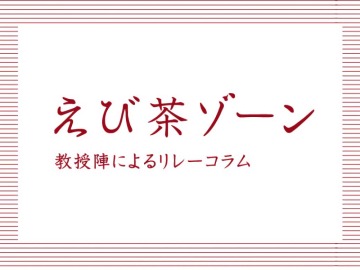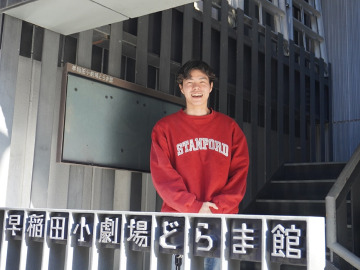
In order to solve any kind of problem, problem-setting ability and problem-solving ability are necessary, but compared to the past, the environment in higher education has improved, and today's university students have improved (part of) their problem-solving ability. It seems like it is. On the other hand, I feel that there is still room for improvement in terms of problem setting ability. For example, in my classes, I ask students to submit questions, and even though they all have sufficient academic ability to be admitted to Waseda University, there is a considerable disparity in their ``questioning ability.'' There are big questions like "What is Japan's future like?" that leave me at a loss as to how to answer, as well as small questions like "What is 〇〇?" that can be found by just googling. On the other hand, there are sometimes questions that have the potential to lead to the essence.
Without fear of misunderstanding, problem-setting ability is manifested in the ability to ask questions. Asking appropriately sized questions is important for constructive discussion, and is probably a useful skill in any society. If a question is too big, we need a way to separate it, and if it's too small, we need a way to understand it as trivial and approach the essence. The significance of universities as centers of learning lies in the logical thinking training that develops problem-setting abilities.
The ability to ask questions cannot be acquired overnight. In any case, you can improve your skills by continuing to ask any questions without getting tired. The best training for this is probably Bachelor's Thesis. A paper is basically a Q&A. Ask meaningful questions and find your own answers. Being able to focus on that is truly a luxury.
That's what I want to say to my lazy undergrad self.
(K)
1153rd






![[Save version] Map of the four main campuses](https://www.waseda.jp/inst/weekly/assets/uploads/2025/09/17cb2975123fc5103172ef60bd98608d-610x458.jpg)

